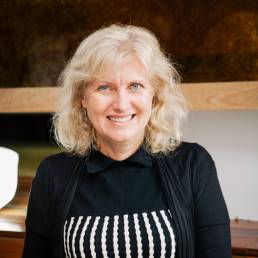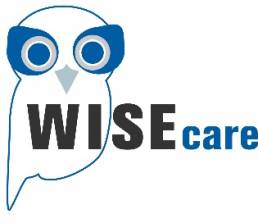Anxiety disorders are among the most common mental health concerns in older adults.
Untreated anxiety can lead to cognitive impairment, disability, poor physical health, and a poor quality of life. But dementia can also be present in individuals in this age group, which means mood disorders such as anxiety and depression can be overlooked, as symptoms such as memory impairment and changes in everyday activities are similar.
Developed by researchers at The University of Queensland in Brisbane, Australia, the Geriatric Anxiety Inventory (GAI) is a simple tool that enables screening in older adults who may have undetected anxiety. The GAI can help point the way to a proper diagnostic workup and timely intervention. Topics covered include feelings of fearfulness, worry, physical symptoms of anxiety, and concerns about the impacts of worry and anxiety.

What is the GAI?
The GAI is a simple 20-item questionnaire for quickly screening adults aged 50 and over for anxiety disorders.
The straightforward self-report ‘agree-disagree’ scale lets practitioners know if they need to pursue a diagnosis of an anxiety disorder. Available in 24 languages, the GAI has been used and trusted by health practitioners in over 20 countries worldwide since 2005.
The experts behind the GAI
The GAI brings together a team of world experts in geriatric mental health and late-life anxiety disorders.

Professor Nancy Pachana
A world renowned clinical geropsychologist in the School of Psychology at The University of Queensland.

Professor Gerard Byrne
Head of Psychiatry within the School of Medicine at The University of Queensland.
The science behind the GAI
The GAI is backed by over 16 years of gold standard research and scientific evidence.
- Demonstrated sound psychometric properties
- Proven to have high sensitivity in detecting geriatric anxiety symptoms in people aged 50 and over
- Proven appropriate for community-residing older people and patients attending geriatric psychiatric services
- Proven sensitivity to change in clinical trials
Our clients
The GAI is used by health care services, nursing homes, geriatric facilities, pharmaceutical companies, geriatricians, psychologists, academics, and older people and their families, all around the world.
User reviews
Clinicians the world over use and trust the GAI in their work with older persons. Here’s what some of them have to say.

Dr Diane CorserClinical & Gero-Psychologist, Director
Lifespan Health
"The GAI is easy to administer which makes it perfect for assessing older adults living in residential aged care with physical and cognitive limitations. It is very reassuring to know that we have a well-validated tool that is so well suited to use for our clients in this setting."

Manon WathierMental Health Occupational Therapist
Queensland Health
"I find both questionnaires very user friendly. They are easy to understand. The scores are also easy to explain to clients.
They make a great pro and post intervention outcome measure. I think it a therapeutic intervention when I come back months later and show the scores have improved. People are often pleasantly surprised!"

Get the GAI
The GAI is available under licence for general or research purposes, through the UniQuest e-shop. UniQuest is the commercialisation company of The University of Queensland.
The General Use Licence is ideal for use in a clinical service as a clinical intervention.
The Research Licence is ideal for use by individual students, academic or teaching institutions. Where the teaching institution is also a clinical service provider, then a General Use Licence is required. Research Licencees are not permitted to use the GAI for clinical intervention/treatment.
The Licence Agreement should be read in full before purchase.













